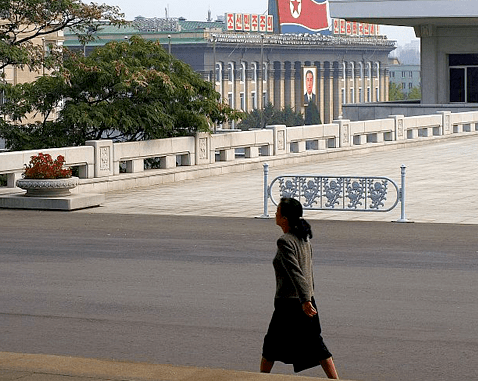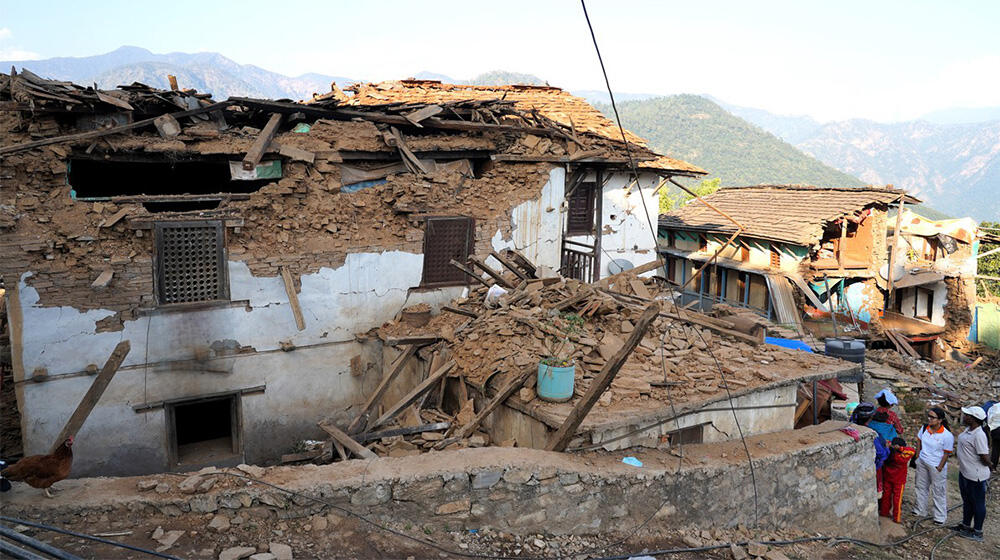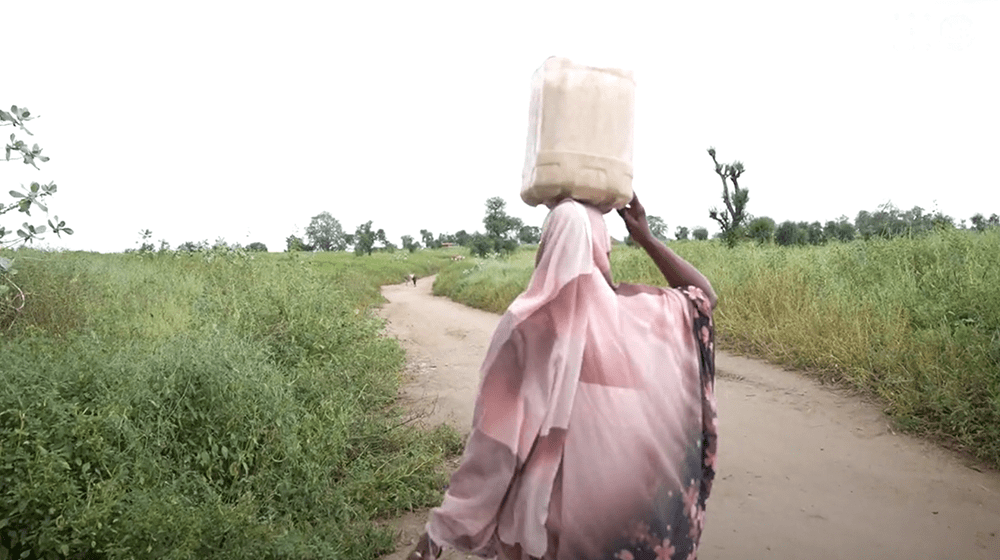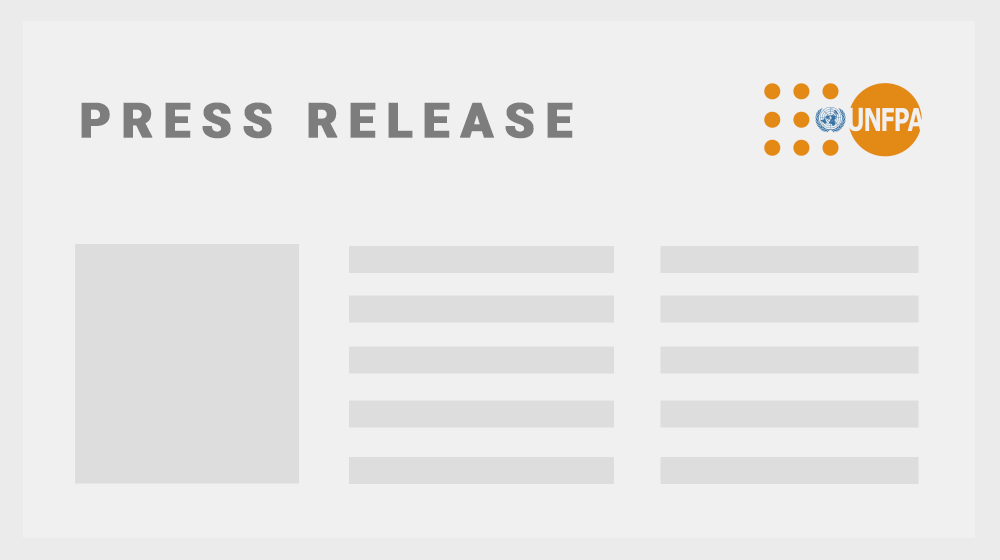Many people in the Democratic Republic of Korea (DPRK) face major barriers in meeting their basic needs; food insecurity continues to be widespread and the country’s health system is challenged by poor infrastructure, shortage of essential medicines and limited skills among health personnel. Vulnerabilities are exacerbated by recurrent natural disasters, such as floods and droughts. In the DPRK, UNFPA supports health facilities that provide life-saving sexual and reproductive health services, including emergency obstetric care, and distributes dignity kits, to support people in meeting their basic hygiene needs.
- Home
- Data
- Humanitarian Emergencies
- The Democratic People's Republic of Korea Humanitarian Emergency
Data Menu
-
Country Pages
-
Asia & the Pacific
- Afghanistan
- Bangladesh
- Bhutan
- Cambodia
- China
- India
- Indonesia
- Iran, Islamic Republic of
- Lao People's Democratic Republic
- Malaysia
- Maldives
- Mongolia
- Myanmar
- Nepal
- Pakistan
- Papua New Guinea
- Philippines
- Sri Lanka
- Thailand
- Timor-Leste
- Viet Nam
-
Eastern Europe & Central Asia
- Albania
- Armenia
- Azerbaijan
- Belarus
- Bosnia and Herzegovina
- Georgia
- Kazakhstan
- Kosovo Office
- Kyrgyzstan
- Moldova, Republic of
- North Macedonia
- Serbia
- Tajikistan
- Türkiye
- Turkmenistan
- Ukraine
- Uzbekistan
-
Arab States
- Algeria
- Djibouti
- Egypt
- Iraq
- Jordan
- Lebanon
- Libya
- Morocco
- Oman
- Palestine
- Somalia
- Sudan
- Syrian Arab Republic
- Tunisia
- Yemen
-
East & Southern Africa
- Angola
- Botswana
- Burundi
- Comoros
- Congo, the Democratic Republic of the
- Eritrea
- Eswatini
- Ethiopia
- Kenya
- Lesotho
- Madagascar
- Malawi
- Mauritius
- Mozambique
- Namibia
- Rwanda
- Seychelles
- South Africa
- South Sudan
- Tanzania, United Republic of
- Uganda
- Zambia
- Zimbabwe
-
Latin America & the Caribbean
- Argentina
- Bolivia, Plurinational State of
- Brazil
- Chile
- Colombia
- Costa Rica
- Cuba
- Dominican Republic
- Ecuador
- El Salvador
- Guatemala
- Haiti
- Honduras
- Mexico
- Nicaragua
- Panama
- Paraguay
- Peru
- Uruguay
- Venezuela, Bolivarian Republic of
- Caribbean (multi-country)
-
West & Central Africa
- Benin
- Burkina Faso
- Cabo Verde
- Cameroon
- Central African Republic
- Chad
- Congo
- Côte d'Ivoire
- Equatorial Guinea
- Gabon
- Gambia
- Ghana
- Guinea
- Guinea-Bissau
- Liberia
- Mali
- Mauritania
- Niger
- Nigeria
- Sao Tome and Principe
- Senegal
- Sierra Leone
- Togo
-
Country Menu
Emergencies related content
Humanitarian needs
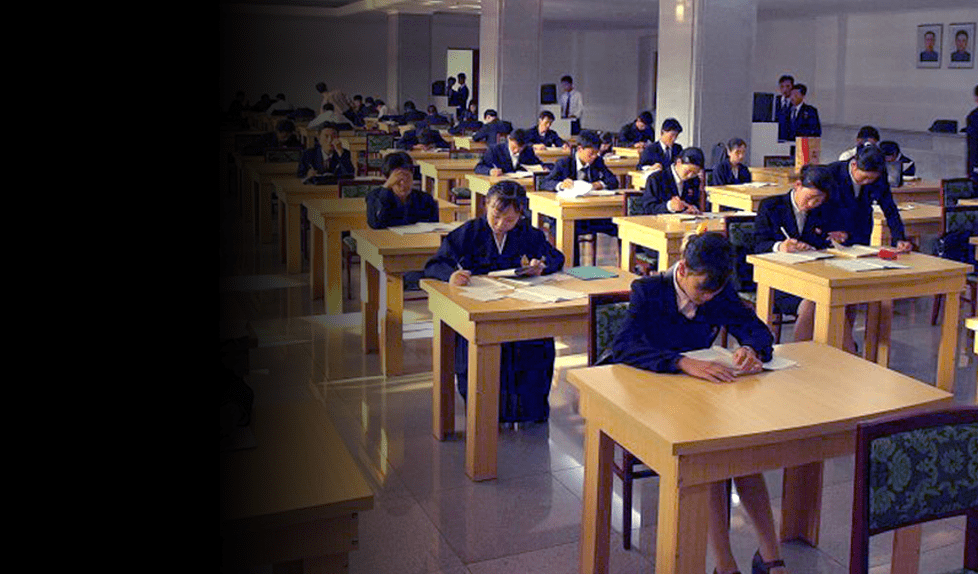
Last updated on - April 2021
Total people in need
10.6 million
Humanitarian funding
Resources in US$
Key humanitarian results 2021

UNFPA-assisted safe deliveries

Number of women of reproductive age (aged 15-49) reached with SRH services

Personnel trained on Minimum Initial Package (MISP)
Disclaimer
- Results data are reported and updated as they become available.
- -Targets and UNFPA's populations of concern, including women of reproductive age and pregnant women, are estimated using the MISP calculator.
- -Funding estimates are based on country planning processes, including inter-agency humanitarian response plans and regional refugee and resilience plans.
